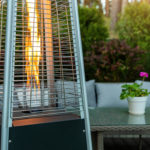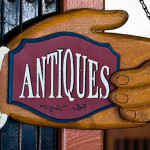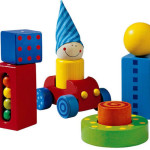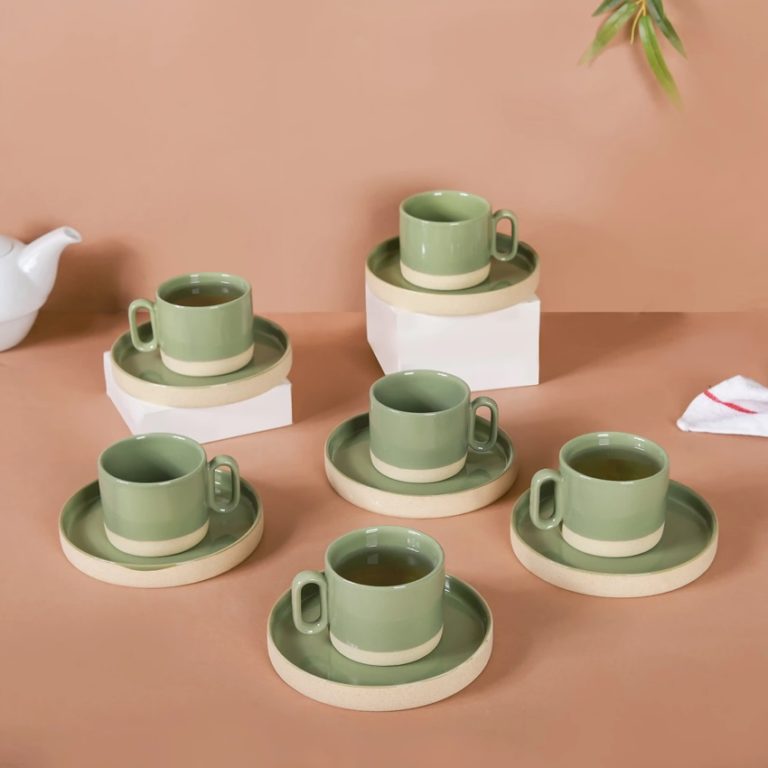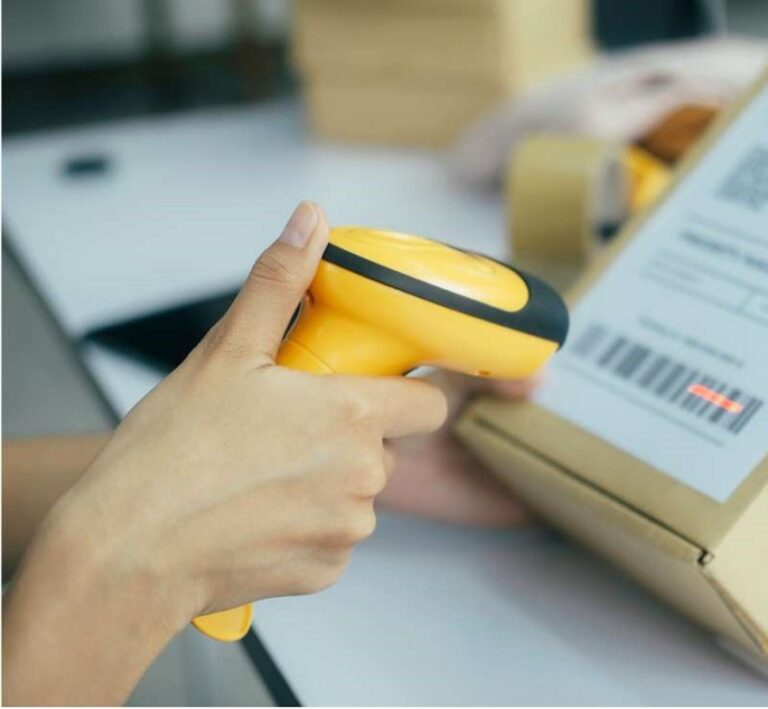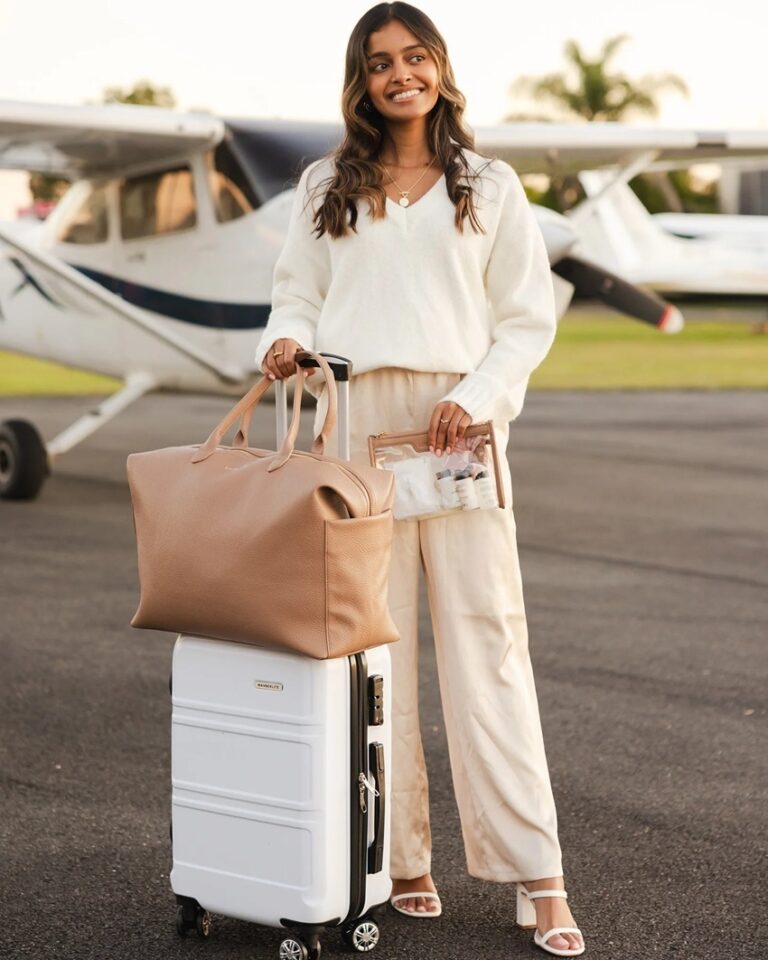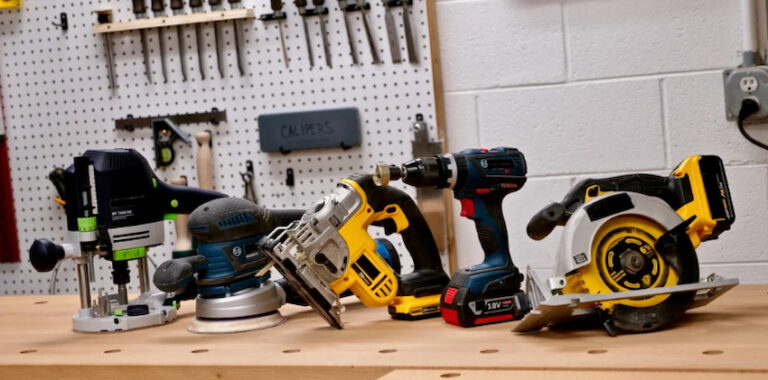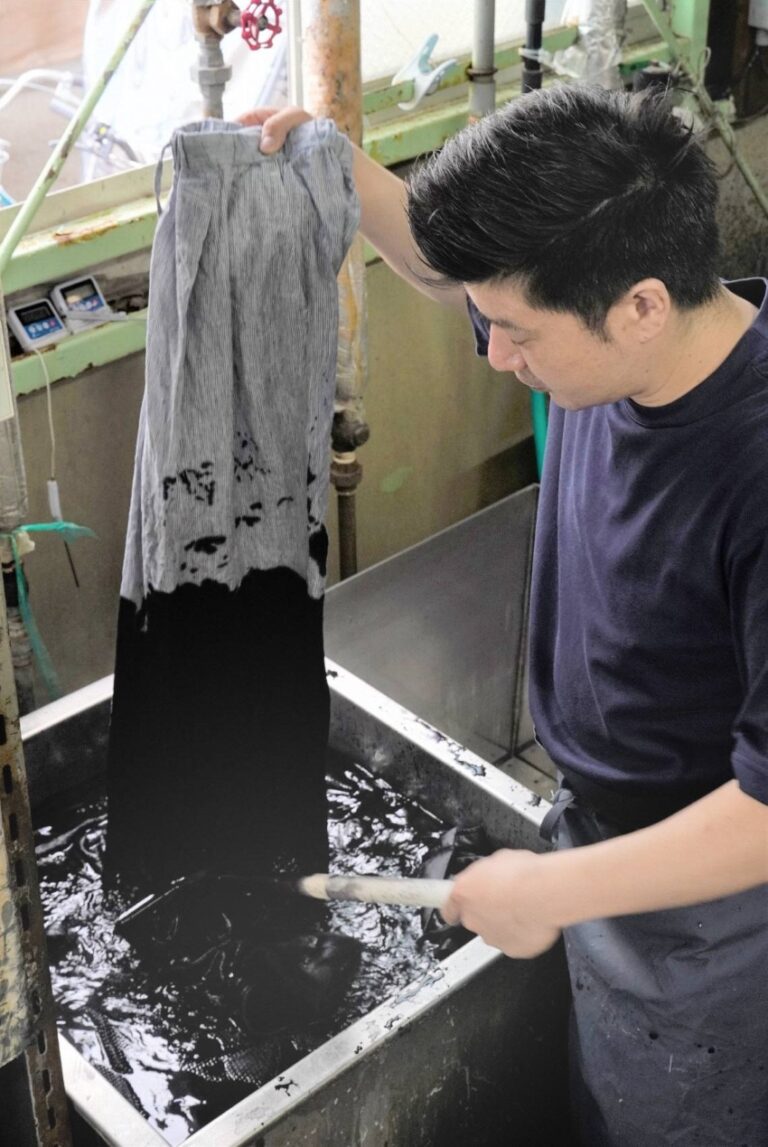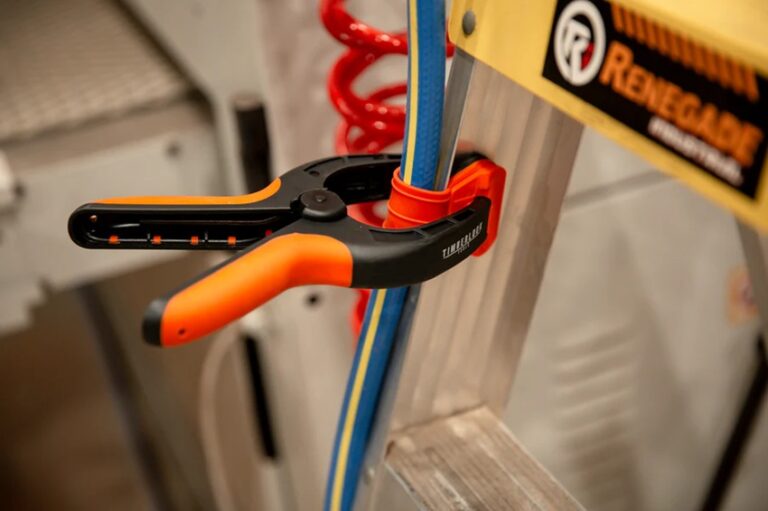If you love cooking and experimenting with food, starting your own catering business might be a really smart move. It is a lucrative business opportunity that has a lot of prospect; from weddings and birthday celebrations, to seminars and company luncheons – there will always be someone in need of a caterer.
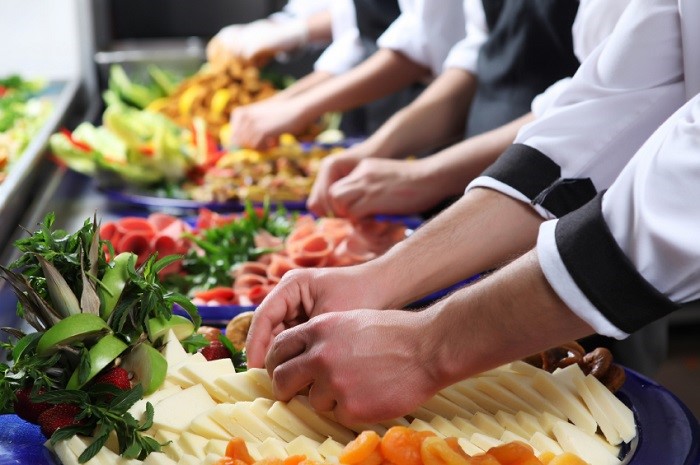
But just like any other business venture, it does involve making an initial investment – renting or buying a kitchen space, licensing your business, and acquiring all the necessary catering equipment. Of course, you can start small by buying only the essential pieces needed for the types of events you will be catering to, and then as you make more money and your business becomes more recognizable, you can gradually invest in more supplies.
In general, you’ll need two types of catering equipment: equipment needed for preparation, and equipment for transporting and serving your food. Your kitchen should be fitted with quality preparation appliances such as stoves, ovens and refrigerators, and a few smaller ones like mixers and blenders. It’s best to purchase commercial grade appliances that will help speed up the food preparation and will prove to be reliable and cost-effective in the long run.
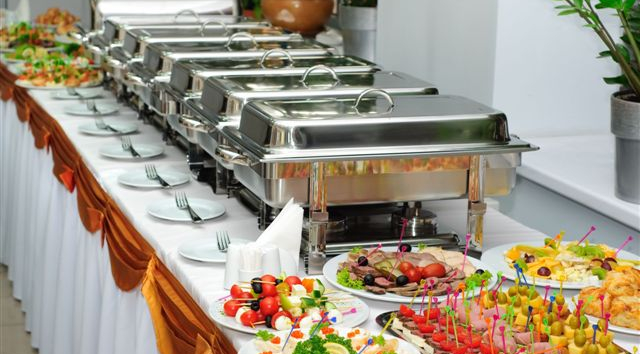
When it comes to serving on site, it all depends on the type of food and the events you’re working on. One type of equipment you definitely need to have is storage equipment. Usually, you’ll need two types of it: cold storage and warming storage. Cold food and drinks should be stored in a fridge at a temperature no higher than 8 degrees Celsius. Make sure that your cold storage units are not under any direct sunlight. On the other hand, hot food can be kept in a temperature controlled warming showcase for up to two hours, and if there’s any food left after this time, you should reheat it until it becomes steaming hot again and put it back in.
By far, the most important aspect of a catering business is the food. For this very reason it’s of the essence for a new business to prepare all the items on the menu with exceptional care and professionalism, and store them properly during their transportation. If your equipment is bad, chances are your food will also be bad and won’t impress your customers. For that reason, don’t ever go cheap and make sure to purchase the best commercial grade catering equipment that you can afford to reap the most benefits.

